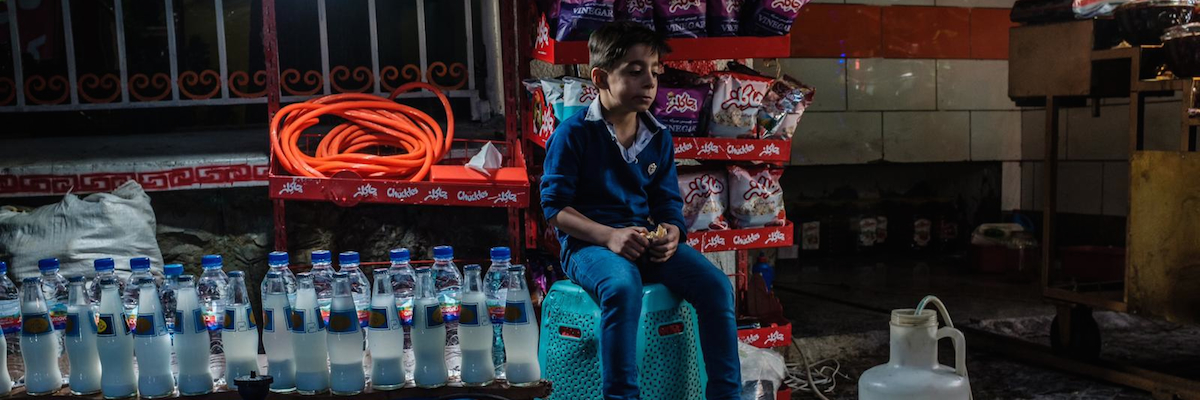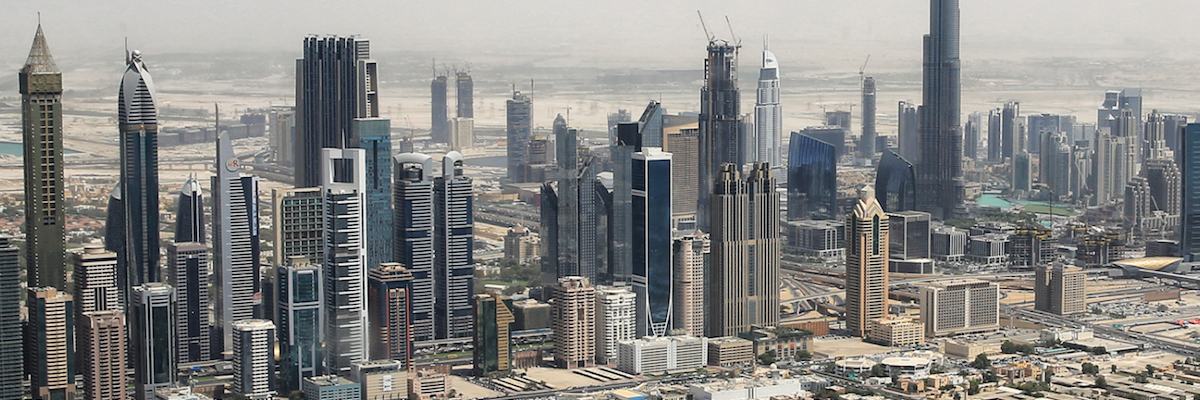Iran Delays Currency Reform Demanded by Private Sector
Despite sharp criticism from the private sector, the Rouhani administration has delayed a key reform to Iran’s currency policy, frustrating the country’s beleaguered business leaders.
In late June, government spokesman Ali Rabiei stated definitively that the administration has no plans to eliminate the subsidized foreign exchange rate made available to importers of essential goods.
Iran’s current currency policy was April 2018 in the aftermath of a devaluation crisis that had formed in anticipation of the re-imposition of U.S. secondary sanctions as Donald Trump moved closer to his decision to withdraw from the JCPOA nuclear deal in May 2018. Subsequent rounds of sanctions and particularly restrictons on Iran’s oil exports have added further pressure to Iran’s currency markets.
Iranian policymakers responded to these pressures and the fast-rising cost of imported goods with a policy that plays into Iran’s multiple exchange rates and entails allocating foreign currencies to importers of essential goods at the “official” rate of 42,000 IRR/USD—a far lower rate than the current “open market” rate of around 120,000 IRR/USD.
The government operates a third rate, the NIMA rate, which is named for the online currency system that was established by the Central Bank of Iran (CBI) also in April 2018. The system is made available to exchange houses and banks that buy foreign currency and is where exporters are obligated to repatriate their export yields. In recent months, the NIMA rate has inched closer to the open market rate and now stands at around 110,000 IRR/USD.
For the private sector, the convergence of the NIMA and open market suggests the time is right to simplify the currency market. In late July, the Iran Chamber of Commerce, Industries, Mines and Agriculture (ICCIMA), the main representative body of the private sector, released a statement calling for the elimination of the subsidized rate and a long-term move toward rate unification.
The subsidized rate, the ICCIMA argues, contributes to already rampant inflation, enables rent-seeking activities and corruption, reduces general trust in government economic policy, and makes it harder for local manufacturers to compete with imports. Moreover, in the assessment of chamber members, the current policy of subsidization failed to prevent price increases for imported essential goods, which have outpaced inflation.
The ICCIMA has called on the Rouhani administration to eliminate the subsidized rate and move toward rate unification in the long-term by decreasing the gap between NIMA and open market rates in addition to levying capital gains tax on foreign currency trades. It has also said the government should redirect resources away from importers and instead subsidize the consumption of low-income households through cash subsidies, while also providing financing to local manufacturers to help reduce reliance on imports. Finally, the ICCIMA statement calls for the government to ease economic pressure on the private sector by repaying its outstanding liabilities to suppliers and contractors.
“Since the open market and NIMA rates have gotten so much closer, this is absolutely the right time to eliminate the subsidized rate,” ICCIMA board member Ferial Mostofi told Bourse & Bazaar.
“Let us accept that the official rate does not reflect the true value of our currency and try to focus on repatriating non-oil exports using the real rates so that we can have a chance at competing in international markets,” the prominent woman business leader added.
In early March, just before the start of the current Iranian year, the administration showed signs that it mulling whether to end the subsidization policy. CBI Governor Abdolnasser Hemmati admitted in a frank statement that subsidization had failed. “In effect, allocating subsidized currency to essential goods has failed to prevent their price hikes in the medium term due to the nature of market in the economy and the weakness of the distribution and supervision systems,” he said.
But in a June 23 televised interview, Hemmati did claim some success for the policy, noting that the price of essential goods rose by 40% on average during the previous Iranian year, whereas imported goods that did not receive the subsidized rate surged by 98%.
Furthermore, he argued that scraping the current three-tier currency policy during the current Iranian year was simply not worth the hassle. However, he did suggest that the government was trying to reduce the burden of the subsidized rate.
According to Hemmati, from the $14 billion that was approved by the parliament to be allocated to subsidize foreign exchange used to import essential goods in the current Iranian year, more than $3 billion was effectively eliminated when the government decided on April 28 to reassign four items previously listed as essential goods. Those items included meat products—which had experienced extreme price increase despite qualifying for subsidized foreign exchange– tea, butter, and beans.
From the remaining figure of less than $11 billion, Hemmati said, $5 billion was allocated by the time of his interview. Subtract an additional $3 billion that the central bank has said is required to ease imports of medicine and eliminating the remaining subsidy of less than $3 billion is deemed by Hemmati to be “not worth a new country-wide inflationary shock.”
Many private sector business leaders disagree. “There is no doubt that eliminating the subsidized currency policy will entail a price shock, but that shock will be short-term and very much worth it when compared to the long-term detrimental effects of the current policy,” ICCIMA’s Mostofi said.
In her view, if the main goal of the policy is to help middle to low-income families, policies should be adopted that do not spur corruption and waste away the country’s precious foreign currency reserves while the country is contending with a “maximum pressure” sanctions campaign.
Photo: IRNA




